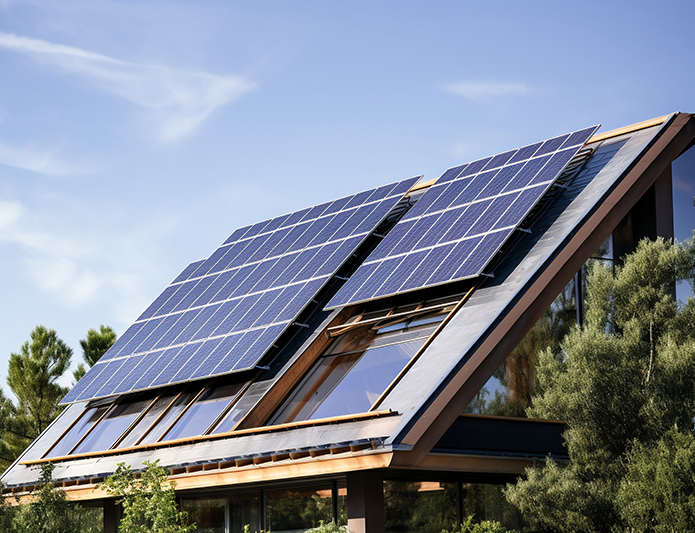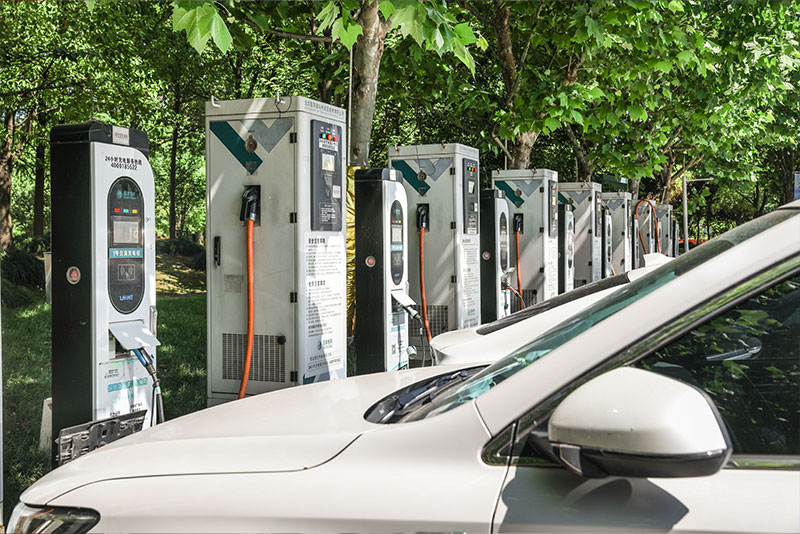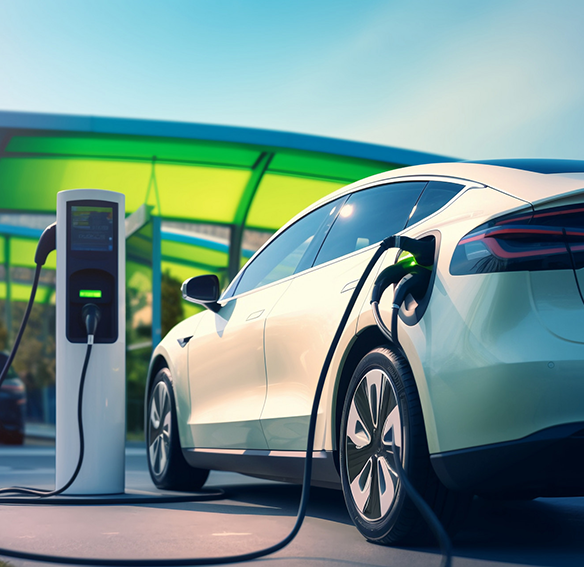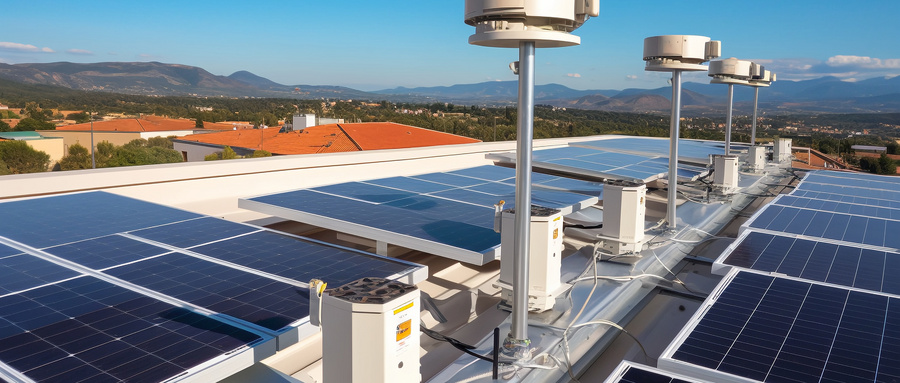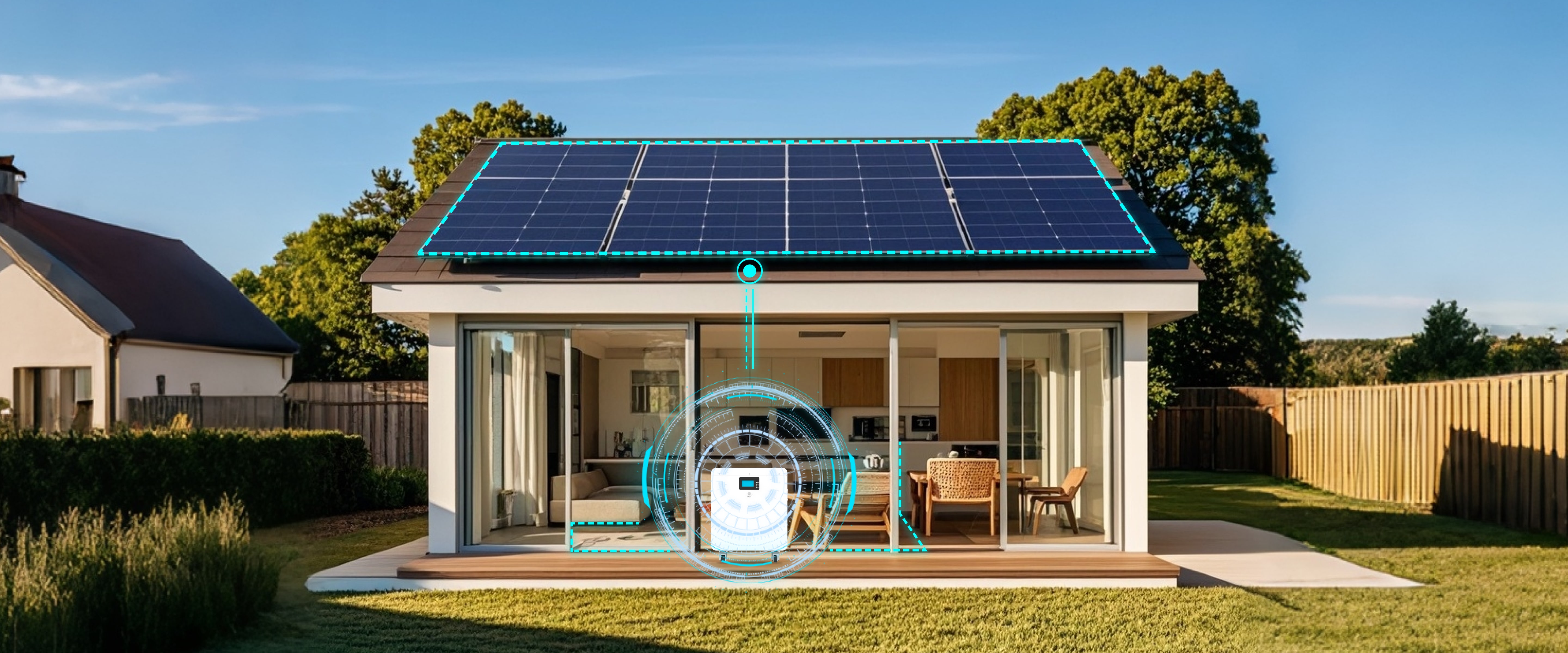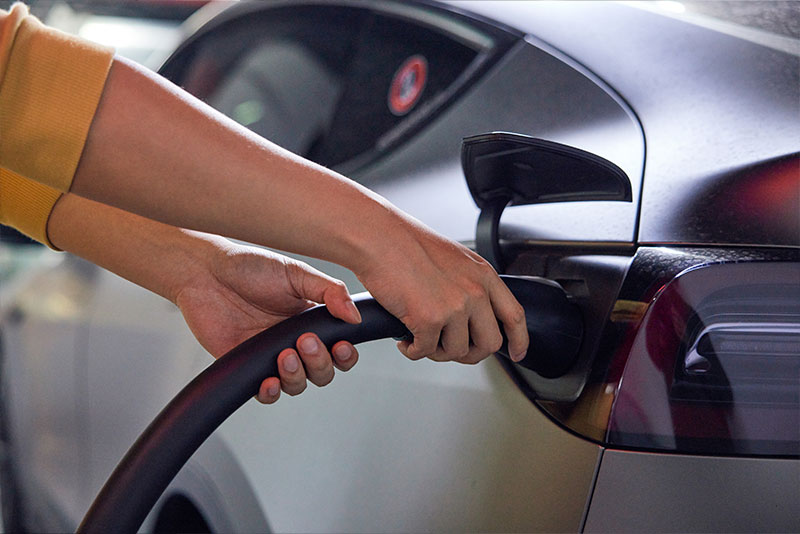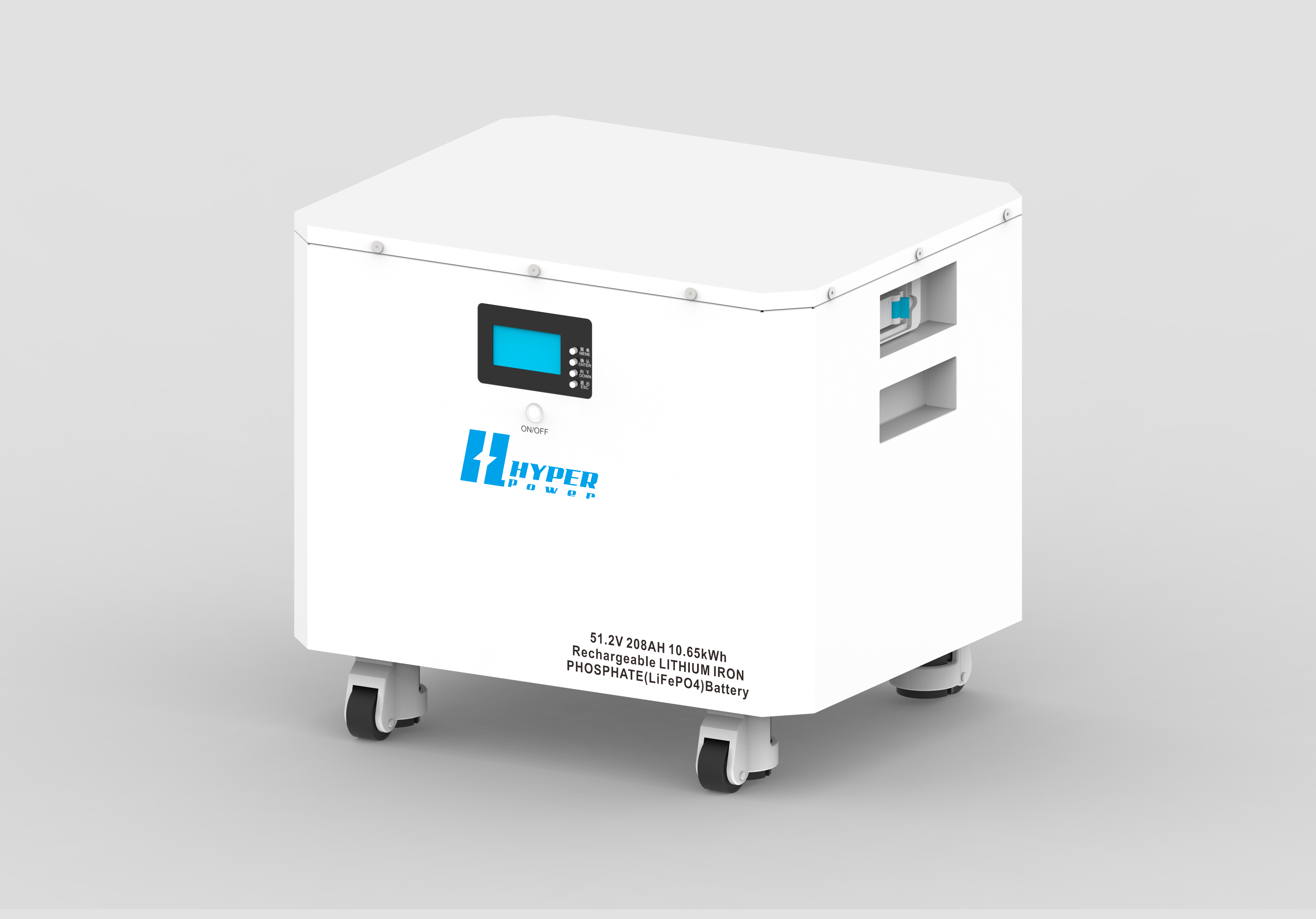How Outdoor Solar Battery Storage Enhances Your Renewable Energy System
In recent years, as the global push for sustainability and environmental responsibility continues to grow, renewable energy sources have become more prevalent. Solar energy, in particular, has gained traction due to its ability to reduce dependence on non-renewable resources, lower carbon emissions, and lower energy costs in the long term. However, the intermittent nature of solar power—only being generated during the day—presents challenges for consistent energy supply. This is where outdoor solar battery storage systems come into play.
Outdoor solar battery storage allows homeowners, businesses, and off-grid locations to store excess solar energy generated during the day for use at night or on cloudy days. This innovation not only enhances the functionality of solar energy systems but also contributes to energy independence, environmental sustainability, and financial savings. In this blog, we’ll explore the role of outdoor solar battery storage in renewable energy systems, the benefits it offers, and how portable solar battery storage further enhances flexibility and convenience.
Understanding Outdoor Solar Battery Storage
Outdoor solar battery storage refers to a system designed to store excess electricity generated by solar panels for later use. Typically, during the day, solar panels generate more electricity than is needed, especially when the sun is shining at its peak. This surplus energy is stored in batteries, and then used when the sun is no longer shining, such as at night or during cloudy weather.
An outdoor solar battery storage system consists of a few essential components:
1.Solar Panels: Solar panels capture sunlight and convert it into direct current (DC) electricity. The more panels you have, the more energy you can generate.
2.Inverter: The inverter plays a critical role in converting DC electricity produced by solar panels into alternating current (AC) electricity, which is used to power household appliances. Some systems use hybrid inverters that can handle both the conversion of solar power and the storage of energy in batteries.
3.Batteries: The energy storage unit of the system, which stores excess solar energy for later use. Batteries are typically available in two main types: lithium-ion (Li-ion) and lead-acid, with lithium-ion being the preferred choice due to its longer lifespan, higher efficiency, and smaller footprint.
Outdoor solar battery storage systems are often housed in weatherproof enclosures that are built to withstand environmental conditions such as rain, snow, and extreme temperatures. This makes them suitable for year-round use in various climates, ensuring the longevity and efficiency of the stored energy.
Benefits of Outdoor Solar Battery Storage
1. Maximized Energy Independence
- One of the most significant advantages of outdoor solar battery storage is the ability to maximize energy independence. Without a battery storage system, any excess energy generated by solar panels during the day is typically sent back to the grid. While this can earn you credits in some regions (through net metering), you are still reliant on the grid to provide power during non-sunny hours.
- By storing excess energy in a battery, you can reduce or eliminate your dependence on the grid. This is especially beneficial for homeowners in remote areas or for those who want to take control of their energy usage. In off-grid locations, where access to the grid is limited or non-existent, outdoor solar battery storage becomes essential for ensuring a consistent and reliable power supply.
2. Energy Security and Reliability
- Energy security is an increasingly important consideration, particularly as power outages become more frequent due to severe weather events or aging infrastructure. Outdoor solar battery storage ensures that you always have access to power, even when the grid goes down.
- By storing excess energy in a battery, you can keep essential appliances running during an outage, such as refrigerators, lights, medical devices, and communication tools. Some solar battery systems also come with an automatic transfer switch that seamlessly switches to battery power when a grid outage is detected, providing continuous power without interruption.
- Moreover, solar battery systems with monitoring features allow users to track energy production and consumption in real-time. This provides a level of visibility and control over energy usage, allowing users to optimize their consumption and storage based on peak usage times and energy production patterns.
3. Cost Savings
- While the initial cost of installing an outdoor solar battery storage system can be significant, the long-term financial benefits can be substantial. By storing excess solar energy for later use, you reduce your reliance on grid power, which often comes at a higher cost during peak demand hours.
- Solar battery storage helps mitigate the impact of time-of-use pricing, where electricity rates are higher during certain times of the day. By using stored energy instead of drawing from the grid during peak hours, you can save money on your electricity bills.
- Additionally, many regions offer incentives or rebates for installing solar battery storage systems, which can help offset the upfront costs. As solar panel technology continues to improve and battery prices decrease, solar battery storage becomes more accessible and affordable for homeowners and businesses alike.
4. Environmental Impact
- The environmental benefits of solar energy are well-known—solar power is a clean, renewable source of energy that produces no emissions. However, when combined with outdoor solar battery storage, the environmental impact is further reduced. By storing excess energy generated during the day, you can reduce the need to draw electricity from the grid, which is often powered by fossil fuels.
- Using stored solar energy instead of grid power helps decrease greenhouse gas emissions, reduce air pollution, and lessen the reliance on non-renewable energy sources. This makes solar battery storage an excellent choice for environmentally conscious individuals and businesses that are looking to minimize their carbon footprint and contribute to a cleaner, greener future.
5. Flexibility and Scalability
- Outdoor solar battery storage systems are highly flexible and scalable, making them suitable for a wide range of applications. Whether you're powering a small residential home, a large commercial operation, or a remote cabin, there is a solar battery storage solution that can meet your energy needs.
- For example, smaller homes may only need a battery system with a capacity of 5-10 kWh, while larger properties or businesses may require larger storage capacities to accommodate higher energy demands. As your energy needs grow, you can easily expand your battery storage capacity by adding more batteries to the system.
- Additionally, many solar battery systems are modular, meaning you can start with a small setup and gradually increase the number of batteries or solar panels as needed. This flexibility makes outdoor solar battery storage a cost-effective and scalable solution for both current and future energy needs.

Portable Solar Battery Storage: A Game-Changer for Flexibility
In addition to stationary outdoor solar battery storage systems, portable solar battery storage provides a more flexible and mobile solution for energy storage. Portable solar battery systems are compact, lightweight, and designed for easy transportation, making them ideal for various applications, from off-grid adventures to emergency backup power.
1. Ideal for Off-Grid Adventures
- Portable solar battery storage systems are a game-changer for outdoor enthusiasts, campers, RV owners, and anyone who spends time in remote areas without access to the grid. These systems can be charged using portable solar panels, and then used to power a range of devices, from lights and fans to smartphones, laptops, and small appliances.
- The portability of these systems means that you can take your energy source with you wherever you go. Whether you're camping in the wilderness, attending a festival, or traveling off-grid, a portable solar battery ensures you always have access to reliable power, no matter how far off the beaten path you are.
2. Emergency Backup Power
- In addition to off-grid applications, portable solar battery storage is also an excellent solution for emergency backup power. Whether you're at home or on the go, having a portable solar battery ensures that you can continue to power critical devices during a power outage or natural disaster.
- Portable solar batteries are especially useful in areas that are prone to power outages, such as regions affected by hurricanes, wildfires, or snowstorms. By keeping a portable solar battery on hand, you can power essential devices such as medical equipment, communication devices, and lights during an emergency situation.
3. Easy Setup and Maintenance
- One of the main benefits of portable solar battery storage systems is their ease of use. These systems are designed for quick and easy setup, with many units featuring built-in solar charge controllers, inverters, and USB ports for charging devices. They require little to no technical expertise to operate, making them accessible to both beginners and seasoned users.
- Portable solar batteries also require minimal maintenance. Most units are designed to be durable and long-lasting, with features such as rugged cases, weatherproofing, and built-in battery management systems to ensure optimal performance over time.
How to Choose the Right Outdoor Solar Battery Storage System
When selecting an outdoor solar battery storage system, it’s important to consider several factors to ensure you choose the right system for your needs. Here are some key considerations:
1. Storage Capacity
The storage capacity of the battery is one of the most important factors to consider. Storage capacity is typically measured in kilowatt-hours (kWh), and it determines how much energy the system can store for later use. To determine the right capacity for your needs, consider your average daily energy consumption and how much energy you want to store for use during non-sunny periods.
2. Battery Type
There are two main types of solar batteries: lithium-ion and lead-acid. Lithium-ion batteries are more efficient, have a longer lifespan, and are lighter in weight, making them the preferred choice for most homeowners. Lead-acid batteries, while less expensive, have a shorter lifespan and lower efficiency.
3. Inverter Compatibility
Make sure that your outdoor solar battery storage system is compatible with your existing solar inverter or other energy generation equipment. Some systems are designed to work with specific types of inverters, while others are more flexible.
4. Weather Resistance
Since outdoor solar battery storage systems are exposed to the elements, it's essential to choose a system that is built to withstand harsh weather conditions. Look for systems that are rated for outdoor use and feature durable, weatherproof enclosures.
5. Warranty and Support
Finally, consider the warranty and customer support offered by the manufacturer. A good warranty will ensure that your system is protected against defects and issues for several years. Additionally, responsive customer support is essential if you encounter any problems with your system.
Conclusion
Outdoor solar battery storage is a transformative technology that enhances the performance, reliability, and efficiency of renewable energy systems. By storing excess solar energy for later use, you can increase energy independence, improve energy security, and reduce reliance on the grid.
Portable solar battery storage further expands the possibilities of solar energy by offering flexible, mobile solutions for off-grid adventures and emergency backup power. Whether you're looking to power your home, business, or outdoor activities, outdoor and portable solar battery storage systems provide the reliability and convenience you need.
Investing in solar battery storage is a wise financial and environmental decision that pays dividends over time. By choosing the right system for your needs, you can enjoy the many benefits of renewable energy, including lower energy bills, a smaller carbon footprint, and increased energy independence. As solar technology continues to improve and prices decrease, outdoor solar battery storage will become an even more accessible and essential component of any sustainable energy solution.
Blog

A Comprehensive Guide to Solar Battery Energy Storage Systems

The Ultimate Guide to Lithium-Ion Battery Banks for Home Energy Storage

Unlocking the Potential of Commercial Solar Battery Storage Systems
-Charging.png)


.jpg)







